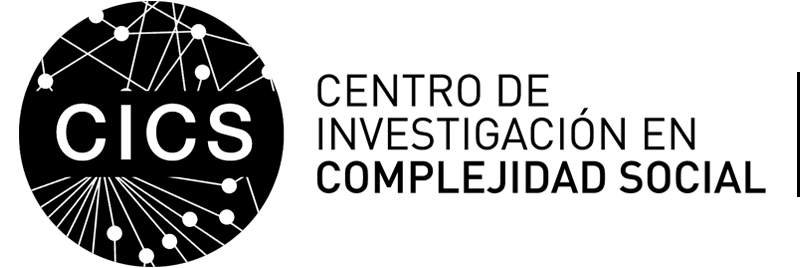Cerebral Cortex publishes CICS study on feedback stimuli in the anterior insula, which would be crucial to learn how to adapt to different situations
Thursday, 18 June, 2020 | NEWS, PAPERSThe prestigious Cerebral Cortex Journal – which publishes papers on the development, organization, plasticity and function of the cerebral cortex, including the hippocampus – has just published the article Human Anterior Insula Encodes Performance Feedback and Relays Prediction Error to the Medial Prefrontal Cortex by PhD. Pablo Billeke, who is a researcher in the neurosciences area of the Research Center in Social Complexity (CICS) of the Universidad del Desarrollo and DCCS academic.
In a work carried out together with researchers from the University of Grenoble (France), the document analyzes the activity in an area of the brain called the anterior insula, and how it encodes feedback, that is, all those keys or stimuli that indicate how our performance in some task was, how it encodes this information and how it delivers it to other areas of the brain. Nineteen epilepsy patients were studied who, because of the study of their disease, had invasive electrodes implanted inside their brains. This type of recording of brain activity, which is called “intracortical electroencephalography”, gives a unique opportunity to see brain function at a very high resolution. Participants performed five different tasks that had feedback and were analyzed for specific activity for these stimuli. It was discovered that there is a very specific electrical activity in the insula for this type of stimulus, independent of the task being performed: an oscillatory brain activity that has very specific frequency characteristics.
Dr. Billeke points out that “we did not analyze a task, but different tasks in which some were more difficult and there was more negative feedback (or errors) and others easier, where there was more positive feedback (or correct answers). Because regardless of the type of task, this dynamic that correlated the prediction of feedback remained constant, that is, the amplitude of this activity correlated with what is called the error in the prediction”.
Also, the researchers concluded that this activity in the previous insula, influences the activity of other areas of the brain, which are “typically related to what is called ‘performance monitoring’ and that are those that, in the end, will influence other areas of the brain related to ‘adapt and correct’ behaviors,” says Billeke.
Why is it important to study these feedback stimuli?
Through the coding and analysis of these stimuli, the brain and people in particular learn from the environment and from our mistakes, and also from when we are doing well, “and that learning signal is crucial in order to be able to adapt to different situations and to be able to study certain pathologies that have altered learning or, simply, to study how human beings learn throughout age, as children, adults, and older adults learn, which has been shown to be differential throughout age,” says the CICS researcher.
The Article
Pablo Billeke, Tomas Ossandon, Marcela Perrone-Bertolotti, Philippe Kahane, Julien Bastin, Karim Jerbi, Jean-Philippe Lachaux, Pablo Fuentealba
Cerebral Cortex, bhaa017, https://doi.org/10.1093/cercor/bhaa017


